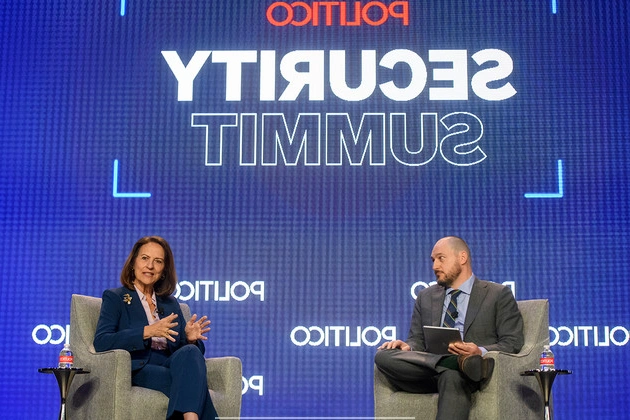
Senior Republican lawmakers are adamant that Congress should have a say in President Trump’s proposal to acquire a luxury jet from Qatar for official use, particularly as Air Force One. The growing GOP opposition to the cost and ethical implications of this gift is becoming more pronounced.
Concerns Raised by Lawmakers
During the POLITICO Security Summit, senior House Armed Services member Rep. Rob Wittman (R-Va.) expressed reservations about the aircraft’s arrival from Qatar, citing security and ethical issues. He emphasized the need for Congress to be involved in any potential agreement.
President Trump, currently on a trip in the Middle East, aims to receive a Boeing jet from the Qatari royal family. However, accepting a foreign gift raises security and financial questions, as the aircraft would require costly modifications for secure communications and Air Force One functionalities, potentially costing taxpayers hundreds of millions of dollars.
Challenges and Alternatives
Despite ongoing delays in the Air Force’s replacement program for aging Boeing jets, Trump argues that the Qatar jet presents a more cost-effective and expedient solution. However, Republican skeptics like Sen. Deb Fischer (R-Neb.) are calling for a thorough policy and budget analysis of this proposal.
Sen. Fischer is keen on assessing the long-term financial implications, including post-Trump presidency considerations such as the aircraft’s utility for his library and its impact on taxpayers. She questions the necessity of this deal in light of future presidential transportation needs.
Pushing for Progress
Rep. Wittman advocates for expediting the existing Boeing aircraft program, urging swift action on the ongoing replacement project rather than pursuing the Qatar jet option.
Democrats, on the other hand, strongly oppose Trump’s potential jet acquisition. House Armed Services Committee ranking Democrat Adam Smith (D-Wash.) condemned the proposal as a blatant display of corruption, criticizing the administration’s integrity.
This contentious issue underscores the deep divide between parties regarding the transparency and accountability of governmental actions, reflecting ongoing tensions in Washington.











